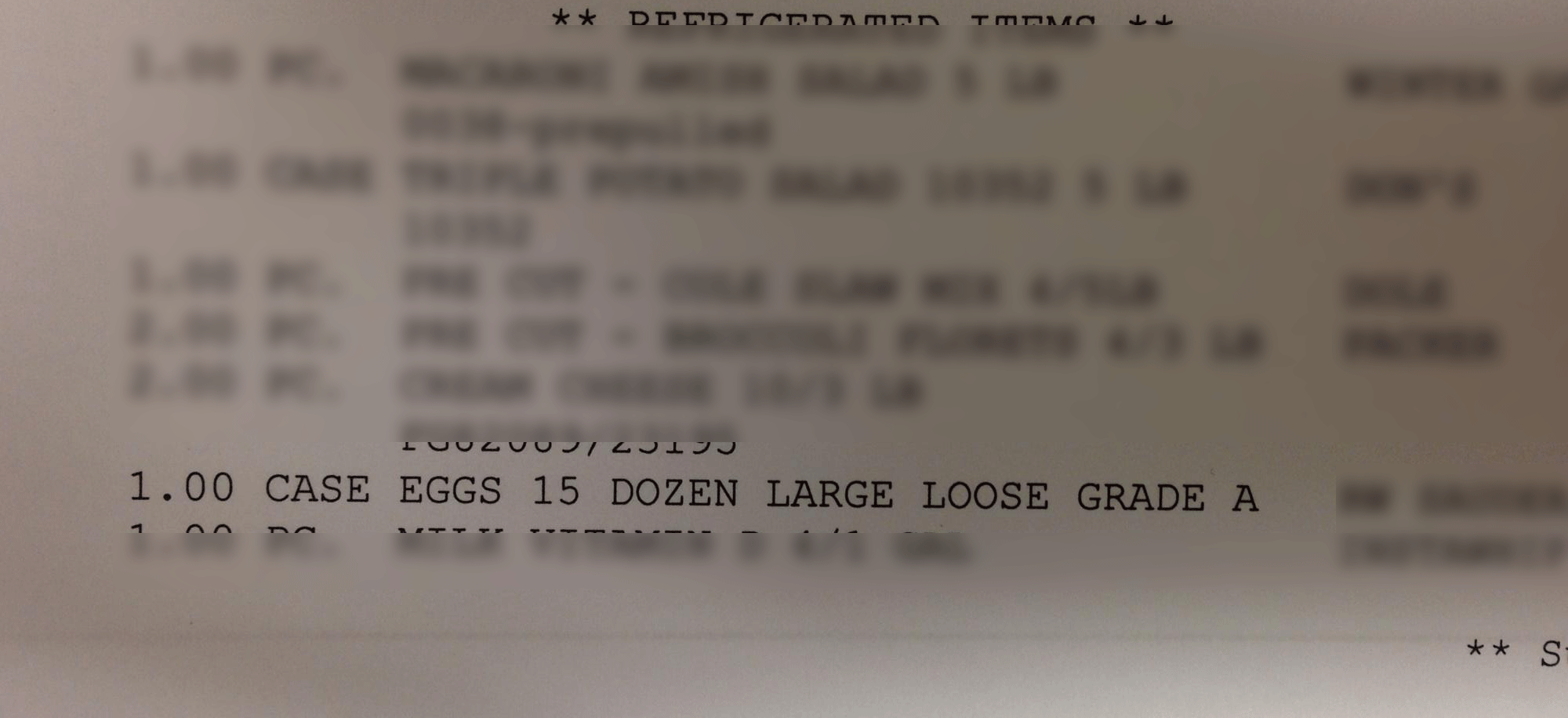EGGS!
When I conduct my Food Manager trainings the subject of eggs comes up a lot! Here are the Maryland Regulations, from where to store them to what documentation you need to keep for inspections.
Purchasing
- Only purchase from an approved or licensed company that is authorized to sell shell eggs.
- Only Grade A or higher eggs are to be used.
Receiving
- The eggs should be inspected for cracks, reject any cracked eggs.
- The temperature around the shell egg should be 45 degrees or lower
- COMAR 10.15.03.05(3) states:
(3) The invoice or equivalent record required in §A(2) of this regulation contains the following information written in English:
(a) Name and address of the seller and buyer;
(b) Date of delivery;
(c) Grade and size of eggs delivered; and
(d) Quantity of eggs sold in number by grade and size;
- If the grade and size are not on invoice you need to keep this documentation from the egg carton or packaging. Documentation needs to be saved for 90 days.
Storing
- Eggs can be stored at 45 degrees, but unless you have a separate unit they are typically stored at 41 degrees or below.
- According to the National Environmental Health Association, eggs are stored on the second shelf of the unit with seafood and below RTE foods.
Preparation
- Eggs that will be prepped and not cooked or not cooked to correct temperatures, should be pasteurized as a good practice.
- Pooled eggs (shell eggs cracked and combined together) should always have temperature control. Do not leave egg washes setting out. It is a good practice to use a pasteurized egg when temperature abuse may occur by staff. For example, omelet bars or egg washes for chicken or seafood.
Cooking
- Eggs for immediate service: 145 degrees for 15 seconds.
- Eggs for hot hold, in kitchen or buffet. This includes eggs used in another dish that will be hot held. 155 for 15 seconds.
Serving
- If you are going to serve an undercooked egg or a dish that contains an undercooked egg this is the warning that must be posted clearly for the customer ordering food to see: “Consuming raw or undercooked animal foods may increase your risk of contracting a foodborne illness, especially if you have certain medical conditions.”
- Never serve an undercooked shell egg, one that is not pasteurized, in a high risk facility.
